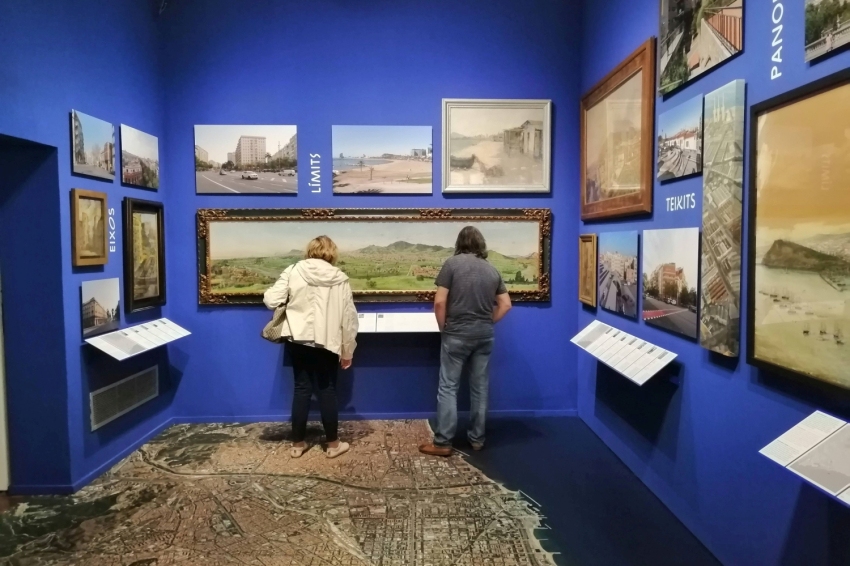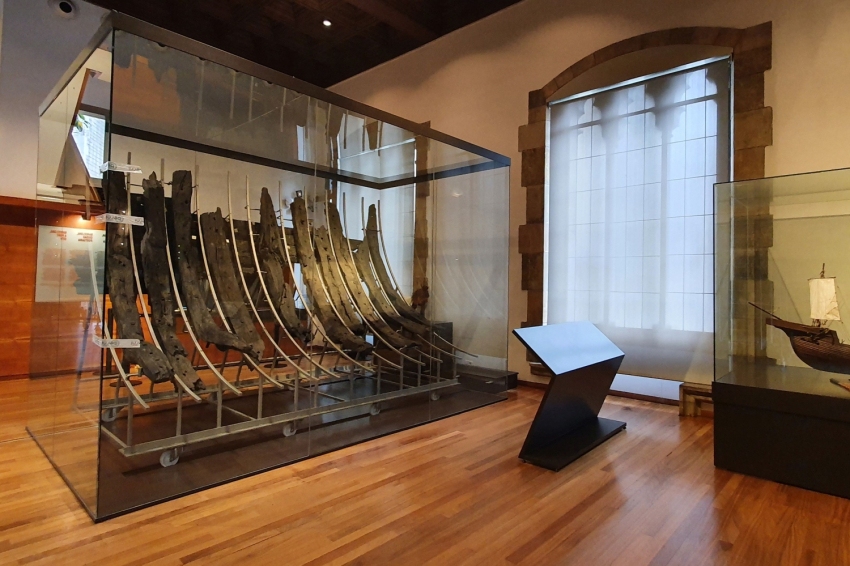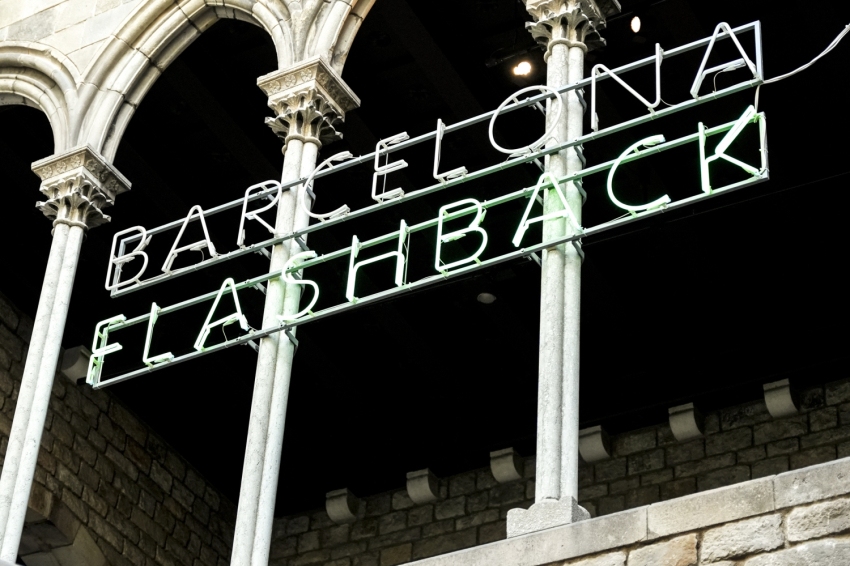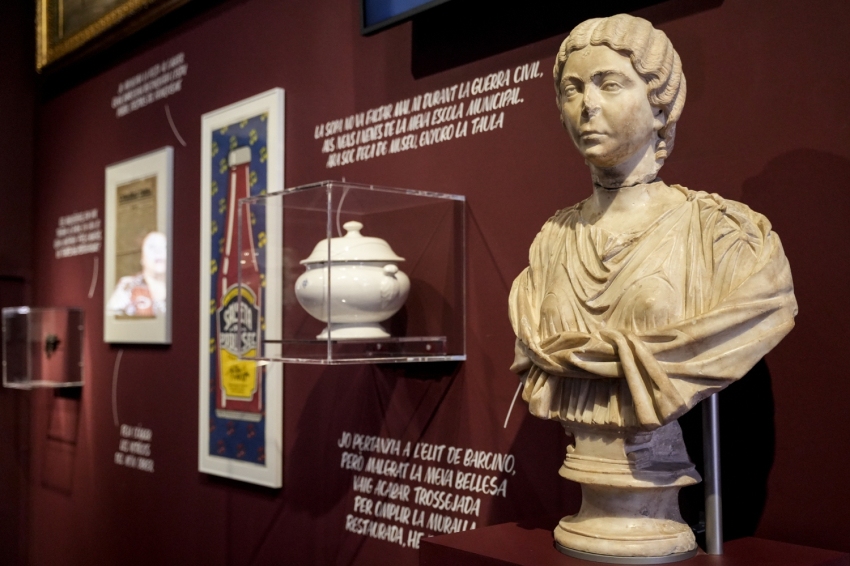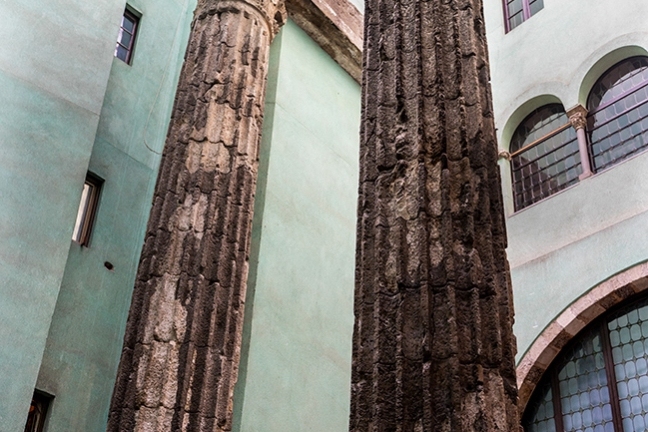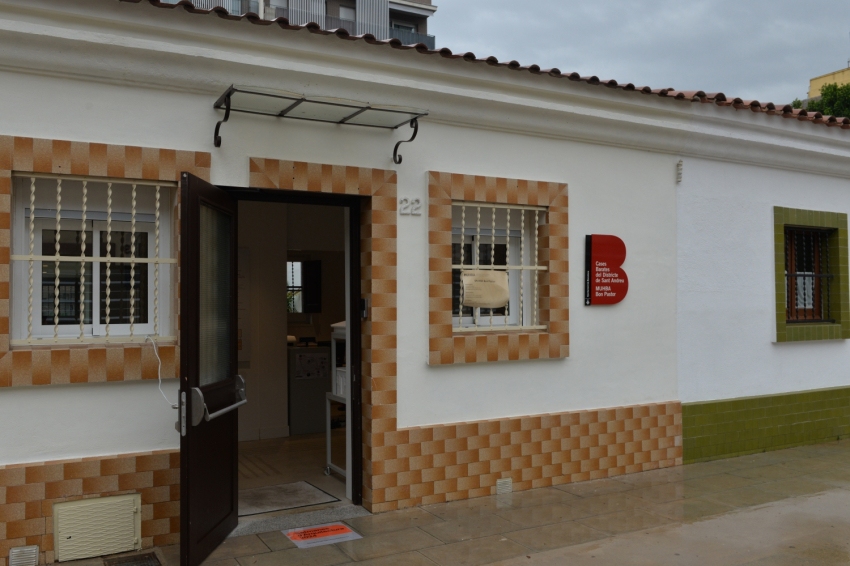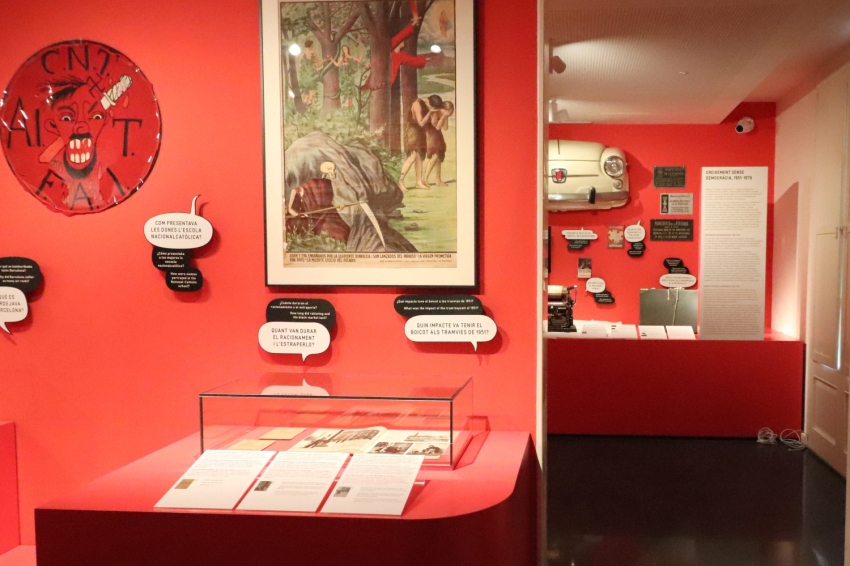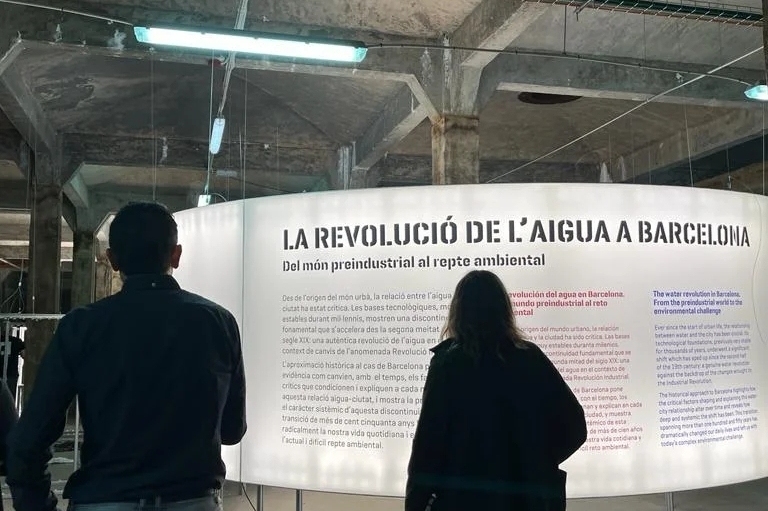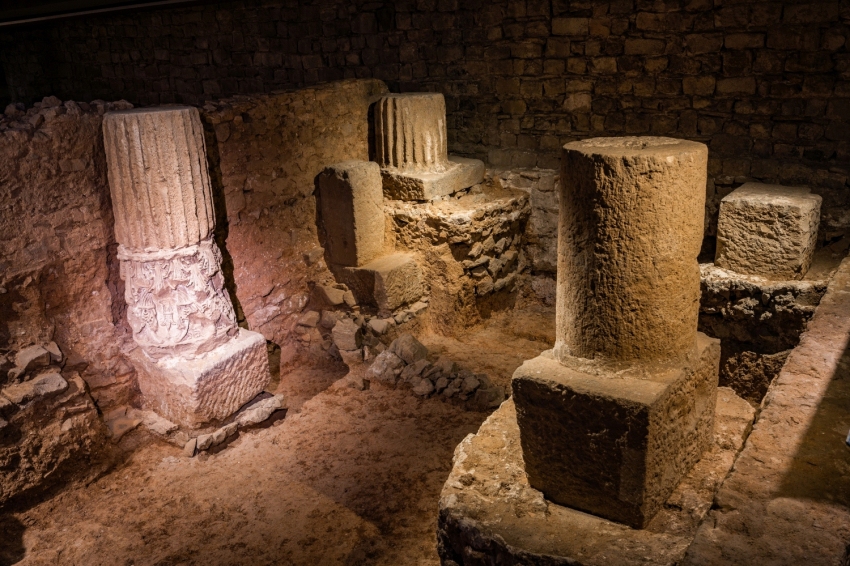MUHBA - Museu d'Història de Barcelona Barcelona
Studying, preserving and disseminating the history of the city; the Barcelona History Museum (MUHBA) articulates an explanatory discourse about the city through an extensive collection and several extraordinary heritage spaces. The museum collects the tangible and intangible culture that explains the past and the present and this translates into a rich and heterogeneous collection that continues to grow.
The monumental complex in Plaça del Rei has been the founding nucleus of the Barcelona History Museum since its creation in 1943. In the basement of Casa Padellàs you can see a significant part of ancient Barcino; a visit allows you to walk through the streets of Roman Barcelona, get close to the city walls, enter a 2nd century AD dye factory, see the remains of the city's first Christian community, etc. The complex is completed with important medieval buildings such as the Palacio Reial Major and the Saló del Tinell.
Casa Padellàs is a palace from the beginning of the 16th century, soon to be a hundred years old, moved from Carrer Mercaders as part of the plans to create a "Gothic Quarter". Reconverted into the House of History, it is an experimental museum space that approaches Barcelona from the perspective of urban history and heritage in an environment of research and participatory activities: Àgora BCN and museum school, in the Pati del Rellotge dels Flamencs. "Barcelona Flashback", a general synthesis exhibition. And we can enjoy two great urban viewing points.
Over the years, this historic centre has expanded considerably and currently houses up to 20 heritage sites spread throughout the city such as the Temple of Augustus, the Roman Sepulchral Way, El Call, Santa Catalina, Oliva Artés, Bon Pastor, El Born, Vil·la Joana, among others.
Activities and educational programs
The MUHBA offers a wide range of activities aimed at all audiences, including itineraries, guided tours, courses, seminars, exhibitions and educational workshops designed especially for school children. In addition, the museum promotes research and debate on urban history and heritage, with regular cycles of conferences, seminars and workshops.
Find out!

